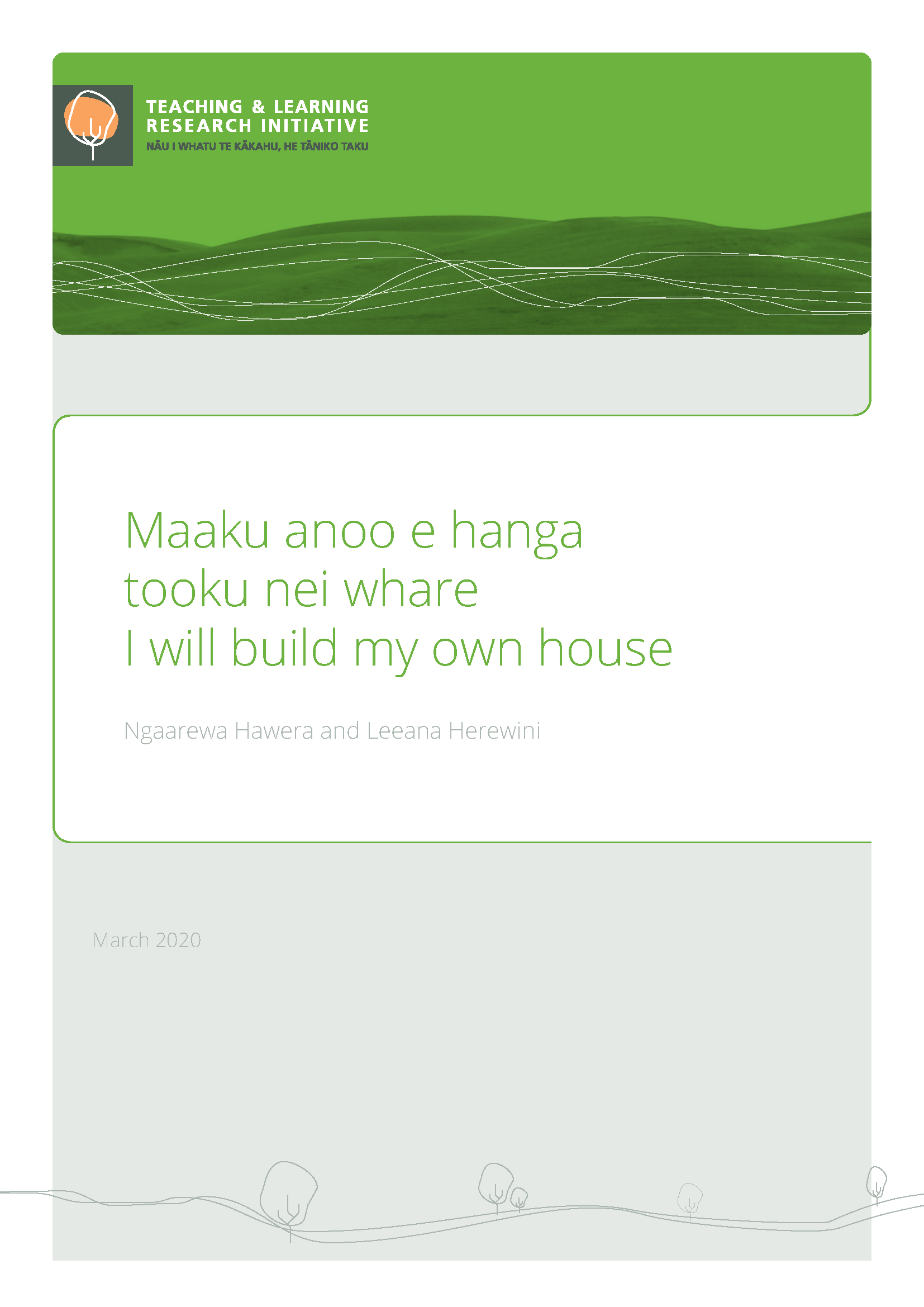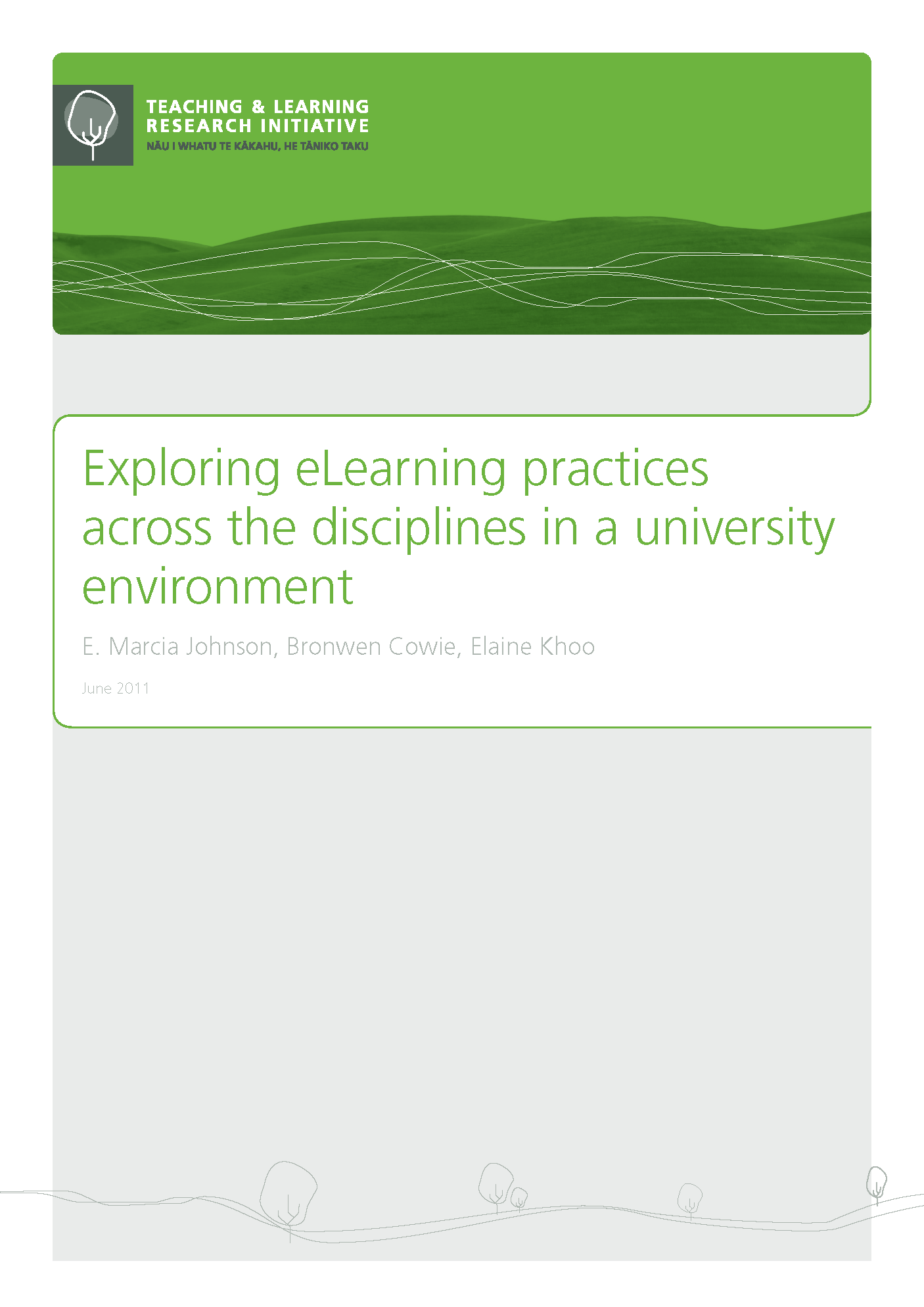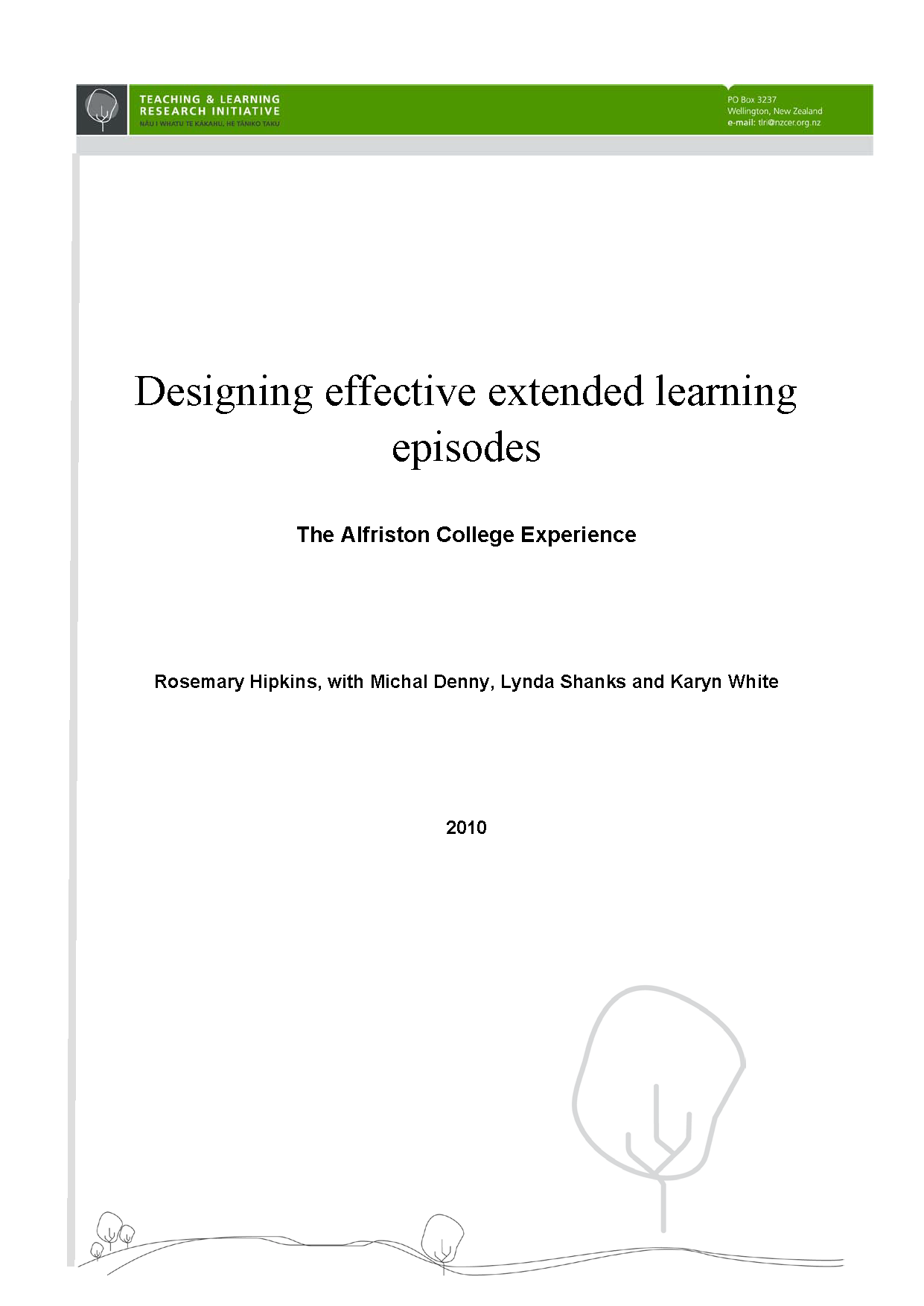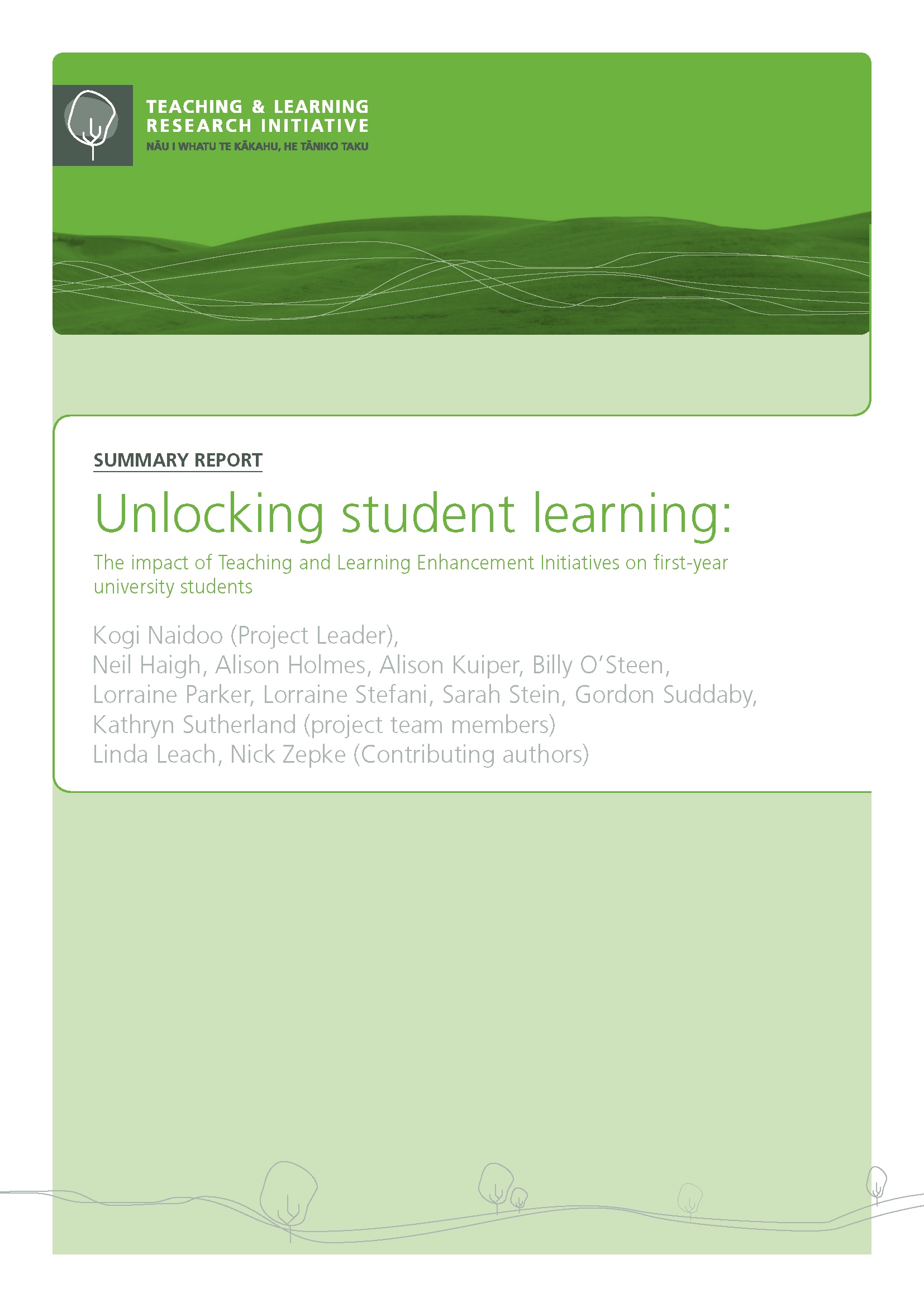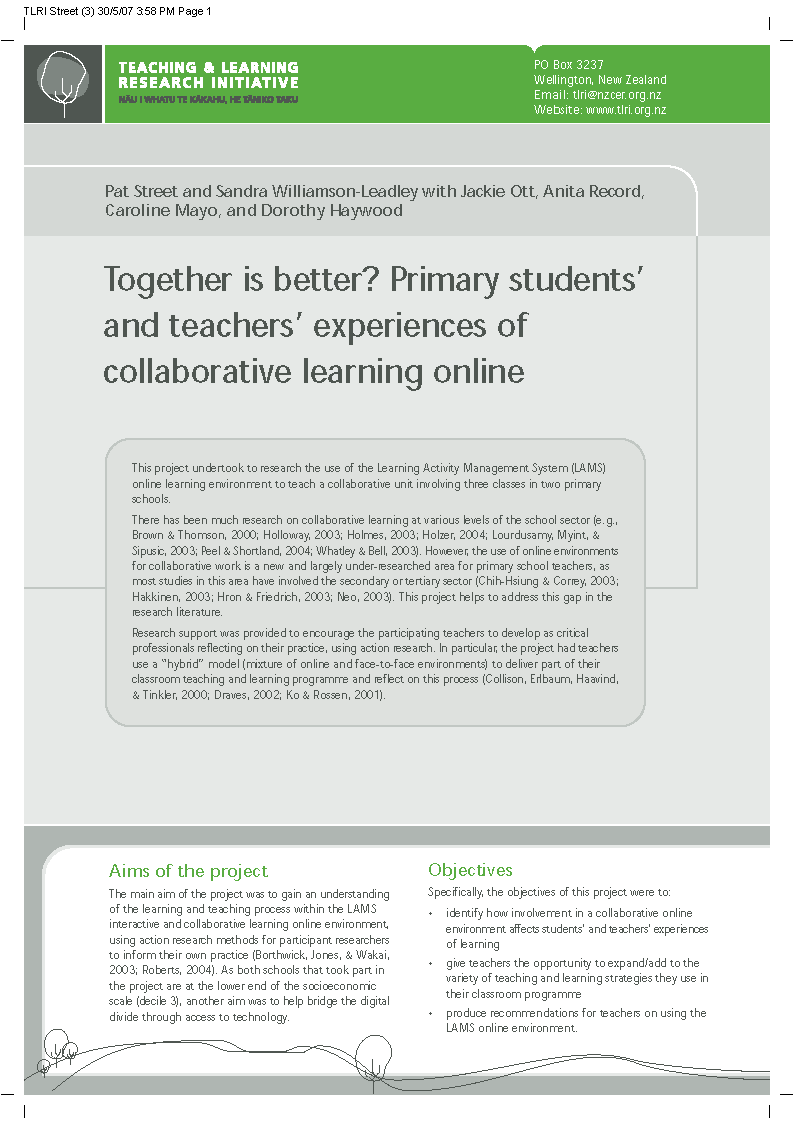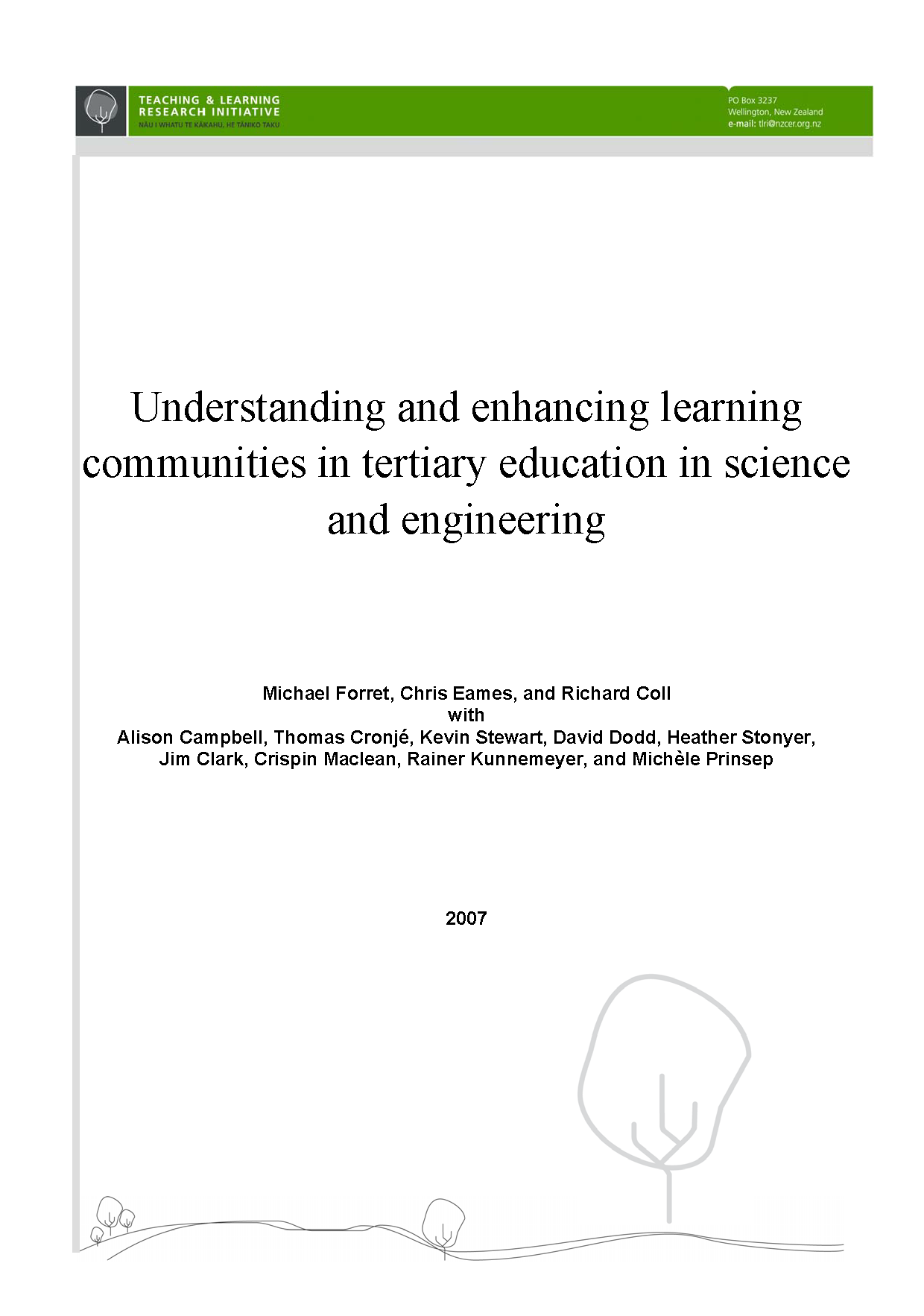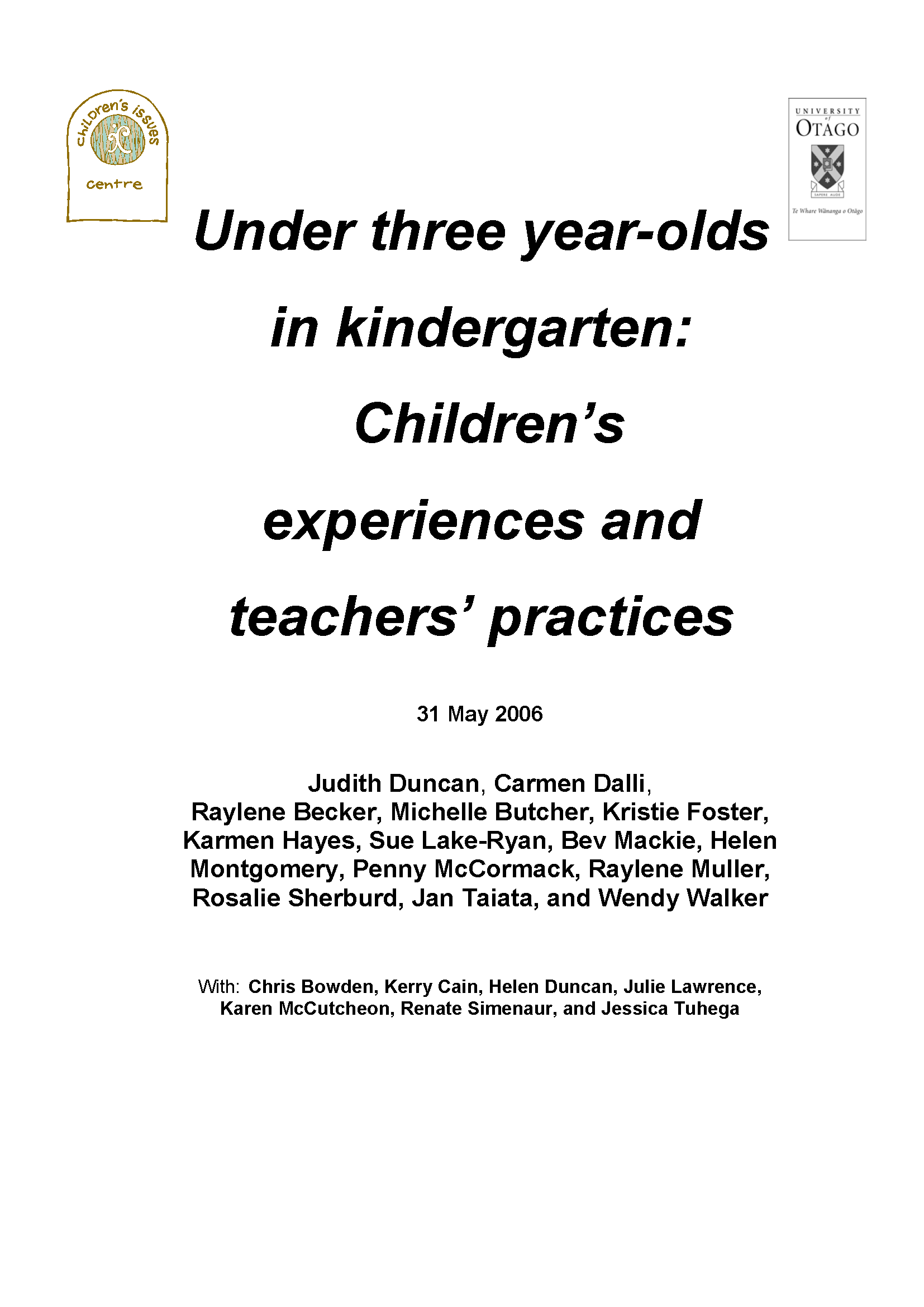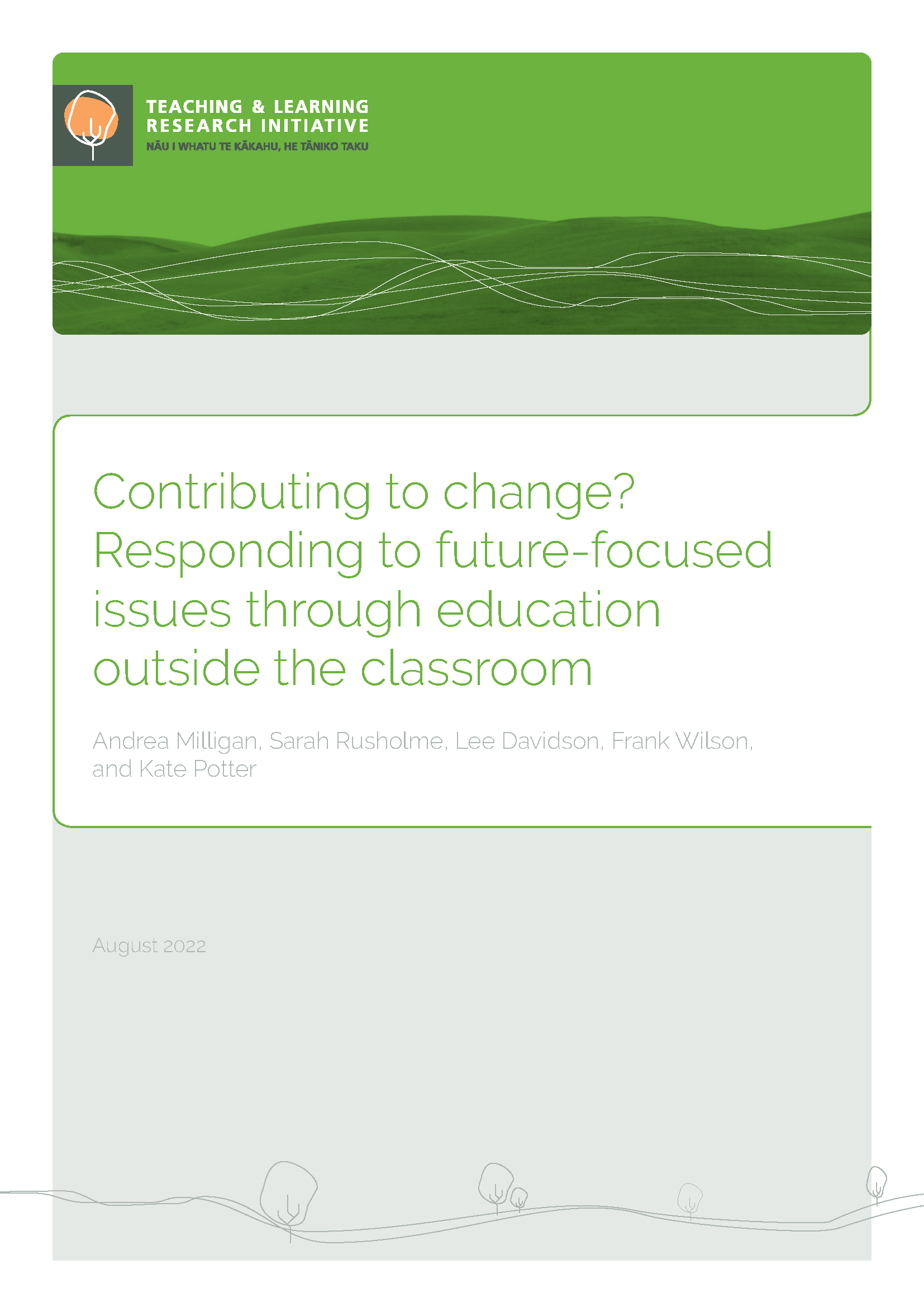
Contributing to change? Responding to future-focused issues through education outside the classroom
Introduction How can educational experiences in public spaces such as museums, libraries, and eco-sanctuaries support learners to address pressing social, cultural, and ecological issues? Working with four primary teachers and two secondary teachers, their ākonga (Years 3–10), and educators from 10 providers of learning experiences outside the classroom in the Wellington region, this project investigated how the cross-curricular themes of “future-focused issues” (Ministry of Education, 2007, p. 9) and active citizenship are conceptualised and enacted through education outside the classroom. It explored how ākonga relationships with people and places beyond the school environment can stimulate their engagement with wider societal concerns. The challenges ahead for our young people and Aotearoa as

